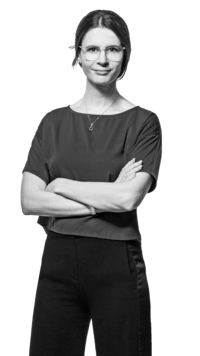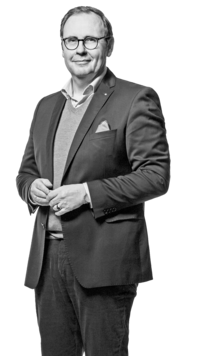As the financial capital of Germany and home to the European Central Bank, Frankfurt is a perfect example of the combination of high-rise architecture, finance and everyday life. This forum focuses on the overarching theme of the year, Urban Density and the Vertical City, with an in-depth look at data centres and the mix of a global yet traditional city.
With many international guests attending our Re-Building Europe workshop in Frankfurt, we started with tours of the Tower One and the Messeturm in the heart of the city. The tours gave us a perfect example of how everyday offices as well as hotels, bars, restaurants, etc. can be combined in an efficient way, making the skyscrapers a perfect example of German architecture and infrastructure.
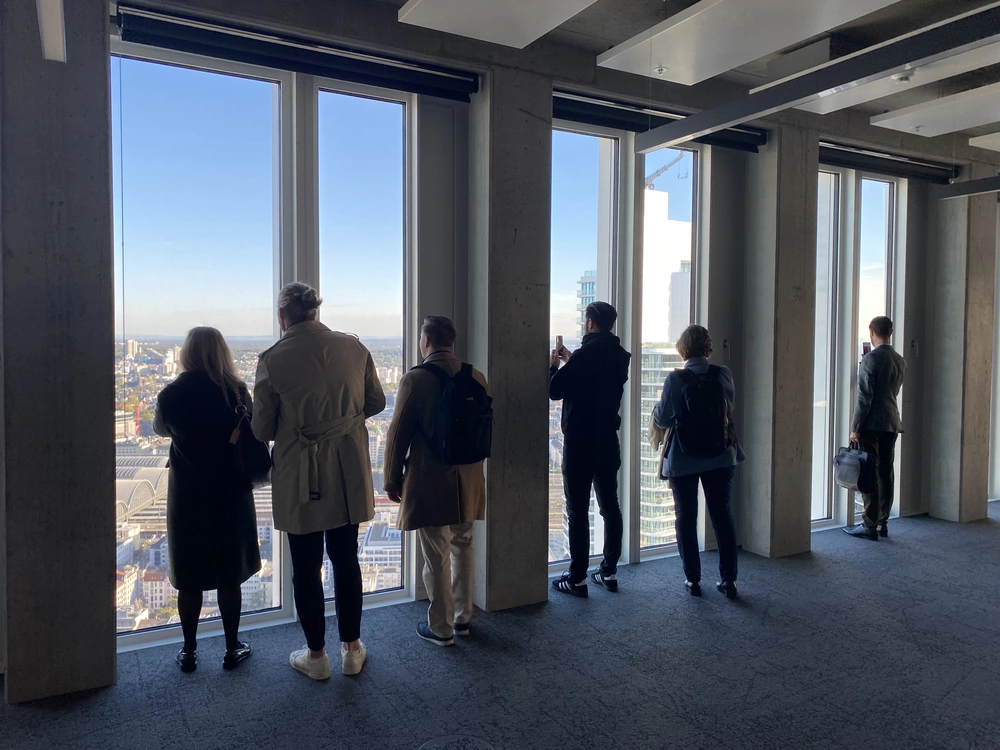
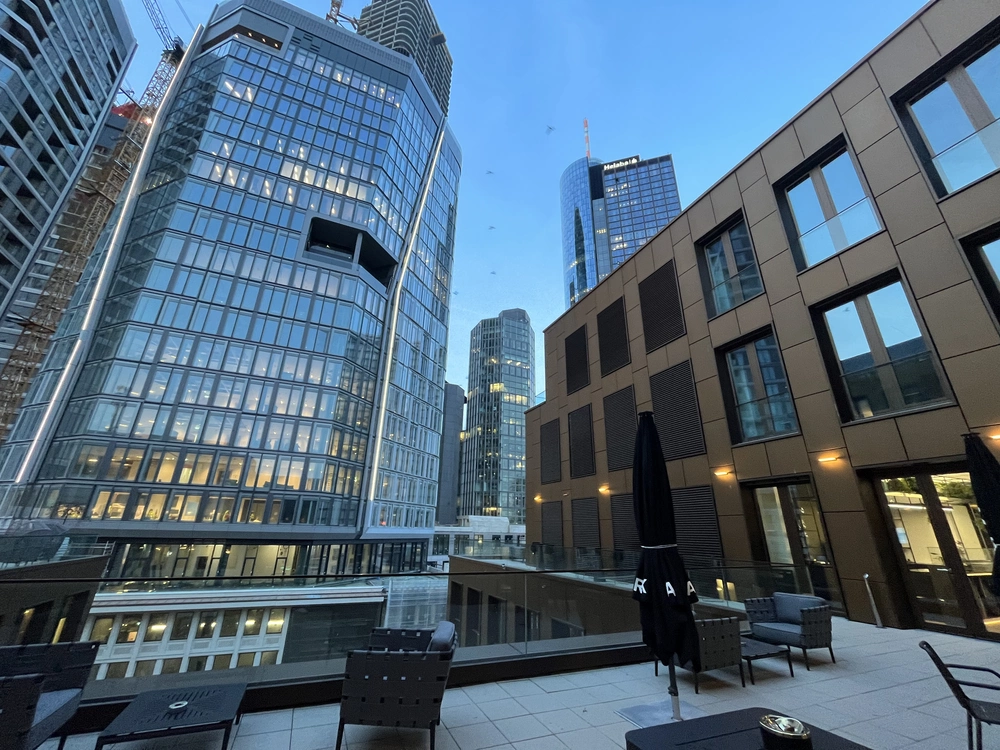
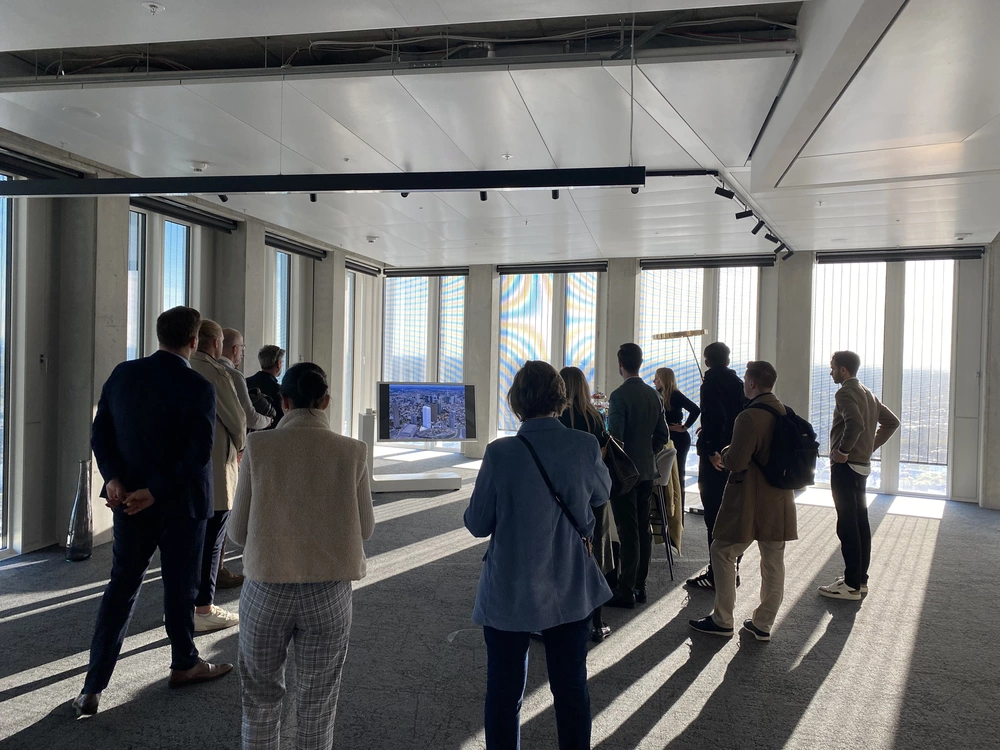
KEYNOTES
"Era of High Rises” by Lukasz Platkowksifrom Gensler
Our morning on the 18th of October began with two inspiring Keynotes. The first one being held by Lukasz Platkowski from Gensler providing “visions of future uses of highrise buildings”. Giving solutions to often discussed issues, like the attractiveness of office work in today’s time, Platkowski stated that motivation while working and living is directly linked to new experiences that should be provided for everyone actively.
“Motivation through Redesigning” by Florian Jöckelfrom Massif Central
Shortly after, we heard another inspiring keynote by Florian Jöckel from Massif Central in Frankfurt, who said that the only way to inspire the new generation is to ensure that the future of skyscrapers is mixed-use, combining fun, entertaining and comfortable buildings that create social diversity. The aim is to break through existing standards and motivate through redesign.
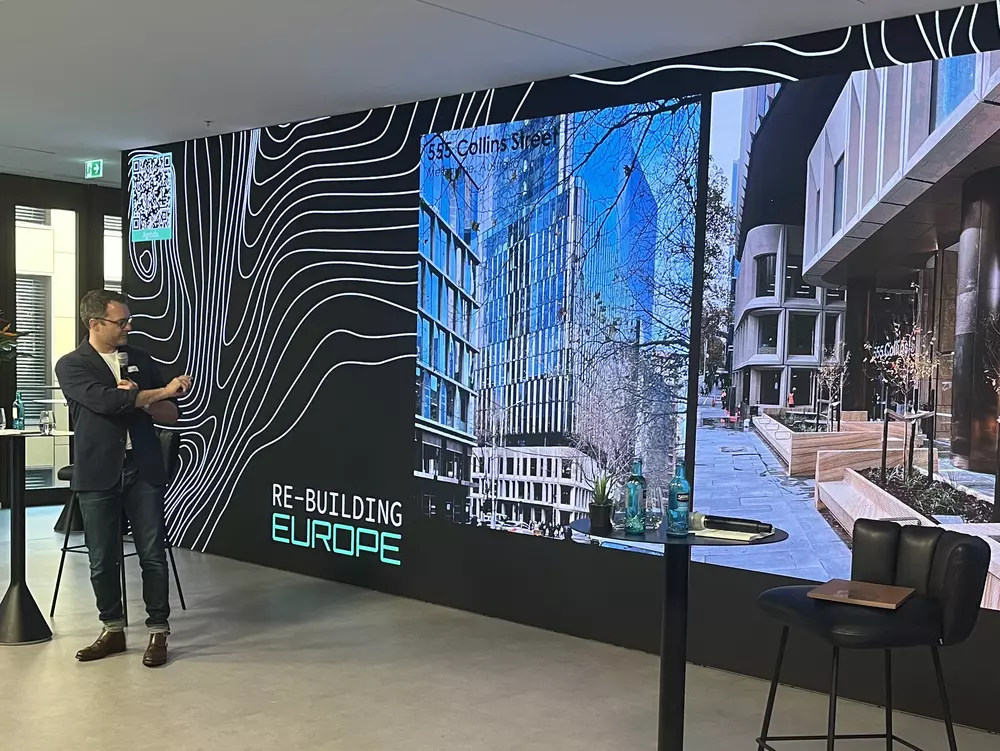
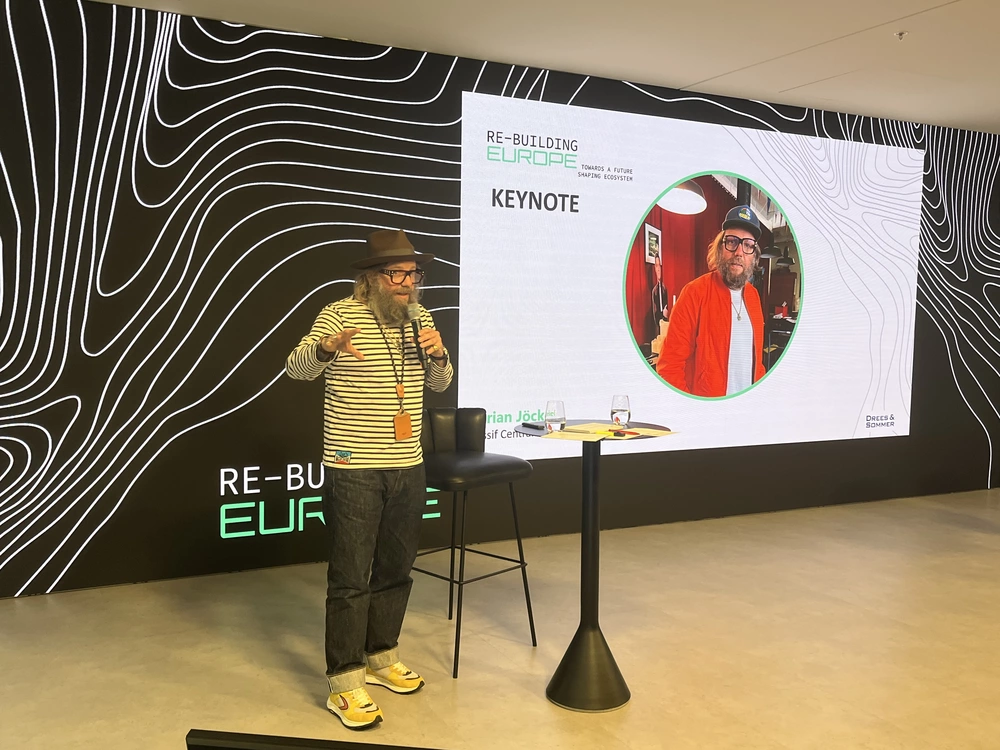
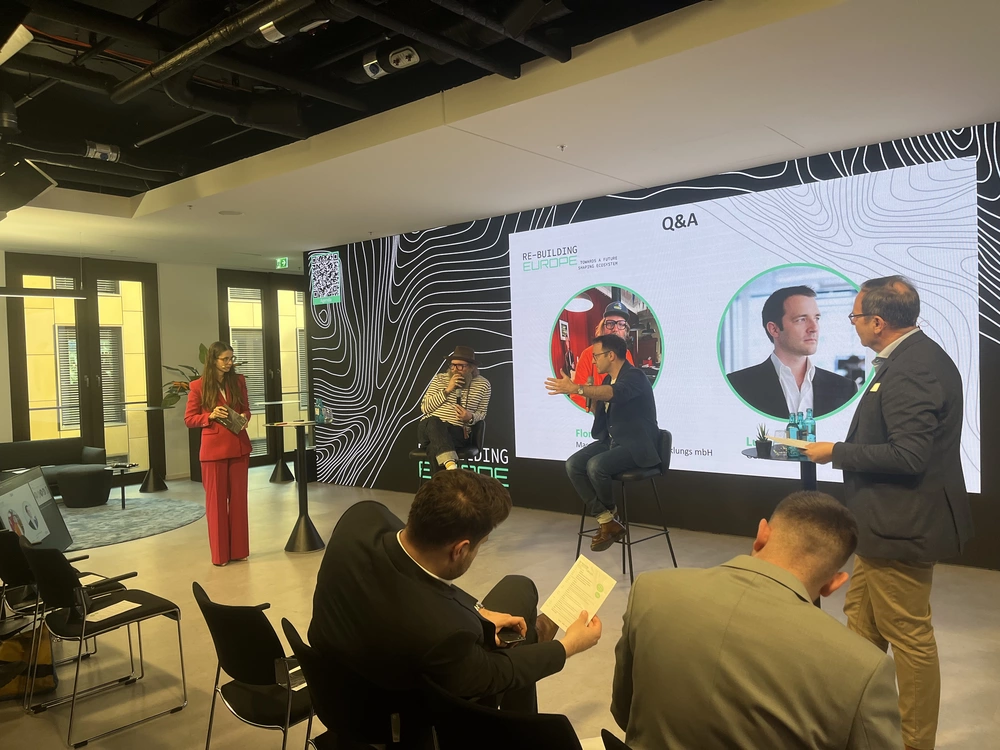
PANEL DISCUSSION I
The first panel focused on the topic of “Next Generation for Highrise Buildings – Challenges and Opportunities” with Sven Seipp of Cube Real Estate Mitte GmbH, Wolfram Lehr of Tishman Speyer, Clarissa Alfrink of UNStudio, Florian Frotscher ofWoods Bagot and GianlucaCrivelli from Schindler. The dialogue covered many issues relating to the future of the skyscraper and how to deal with density. For example, due to regulations in Germany, risk-taking is not as common as in other European cities, resulting in slower progress. The question of whether to rebuild or focus on what already exists was as exciting as it was difficult to answer. The conclusion was that even if we focus on the existing, we cannot avoid rebuilding.
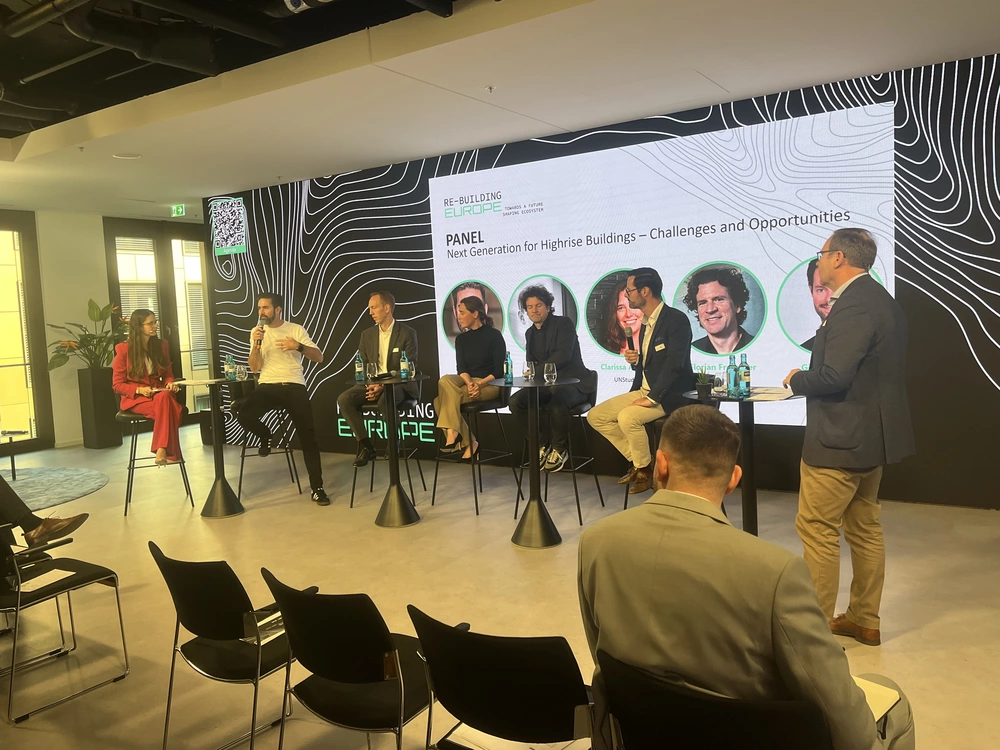
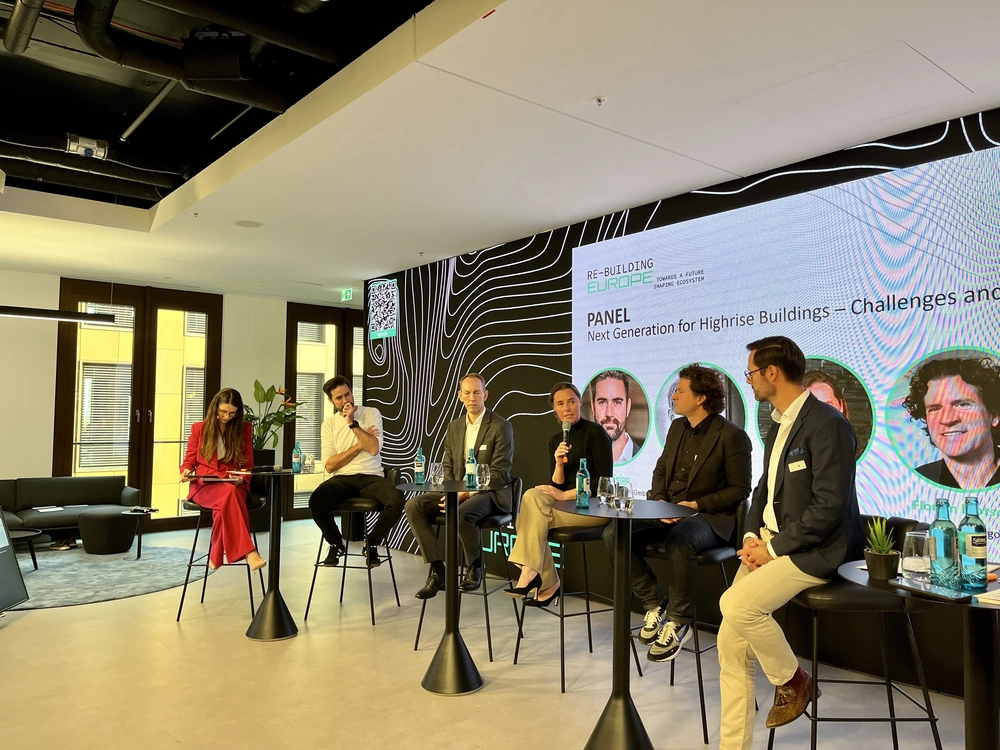
The discussion concluded with the idea that we should rather focus on the idea of adapting the modern high rise city to the newer generations. Even quoted directly: “The current high rise city is not ready for Gen-Z”.
IMPULSES
"Decarbonization of Buildings” by Marco Abdallahfrom Drees & Sommer
Our first impulse was given by Marco Abdallah from Drees & Sommer where he focused on the topic of “Decarbonization of Buildings”. We face a challenge when we discuss the decarbonization of high rise buildings. The more massive a construction is the more carbon materials it needs. While it is a topic that will be present for the next years or even centuries a step in the right direction could be that try to reuse materials. But even besides the building itself, sustainable mobility and reducing emissions at all can make ahuge difference.
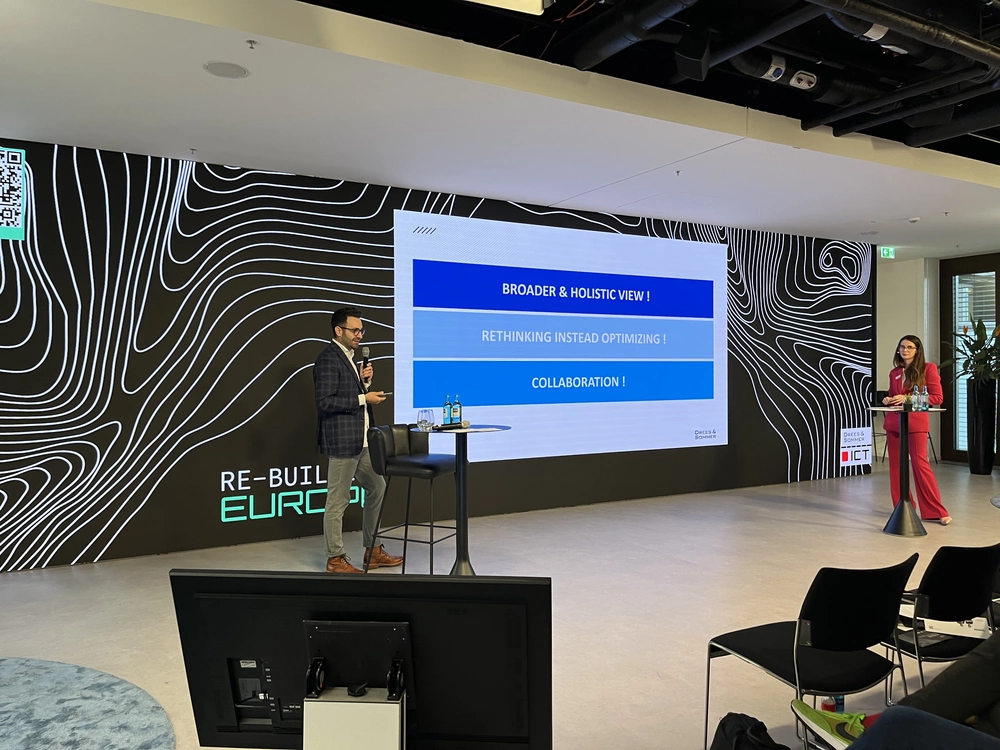
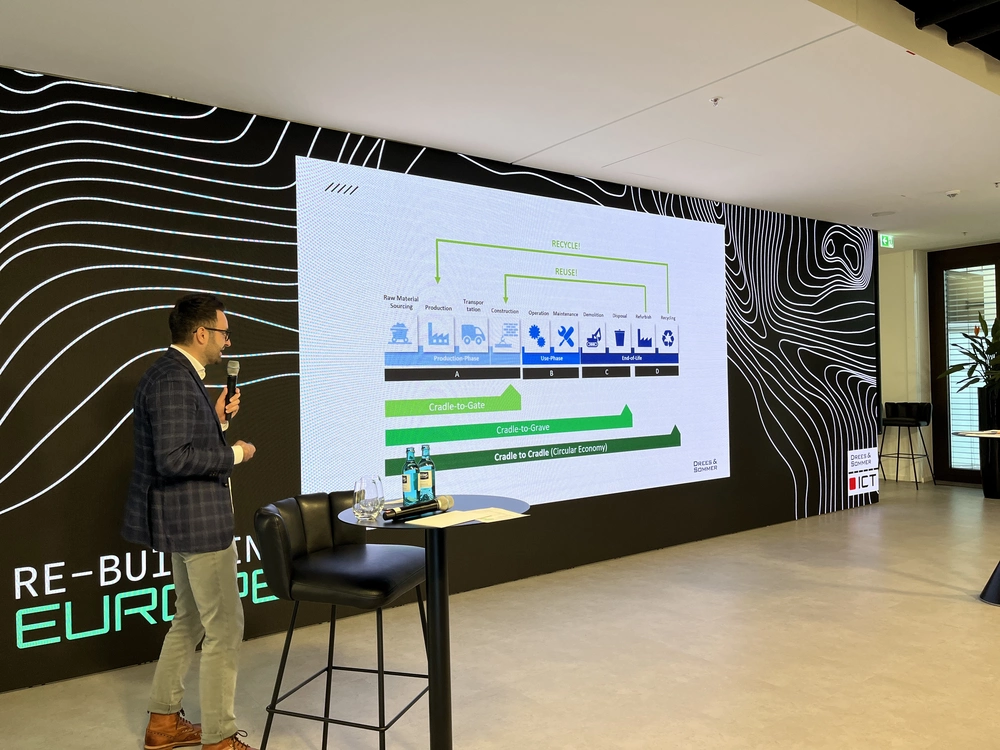
“Multipurpose Studios as Centre Piece of Communication“ by Erik Wolfffrom ICT AG
The second impulse was held by Erik Wolff from ICT AG specifying on the topic of “Multipurpose Studios as Centre Piece of Communication“.
With multipurpose studios, we experience a wide range of uses for use cases such as speeches, shows, key notes, commercials, webcasts and more. Multipurpose studios offer a range of benefits to organisations. They ensure a true brand experience, increase executive productivity, enhance intellectual property and legal security, and lead to significant marketing cost savings. These flexible spaces are a valuable asset for businesses in today's fast-paced world. As well as not being located in decentral areas, ICT offers with its studios in cities centres a unique experience for meetings of all kind.
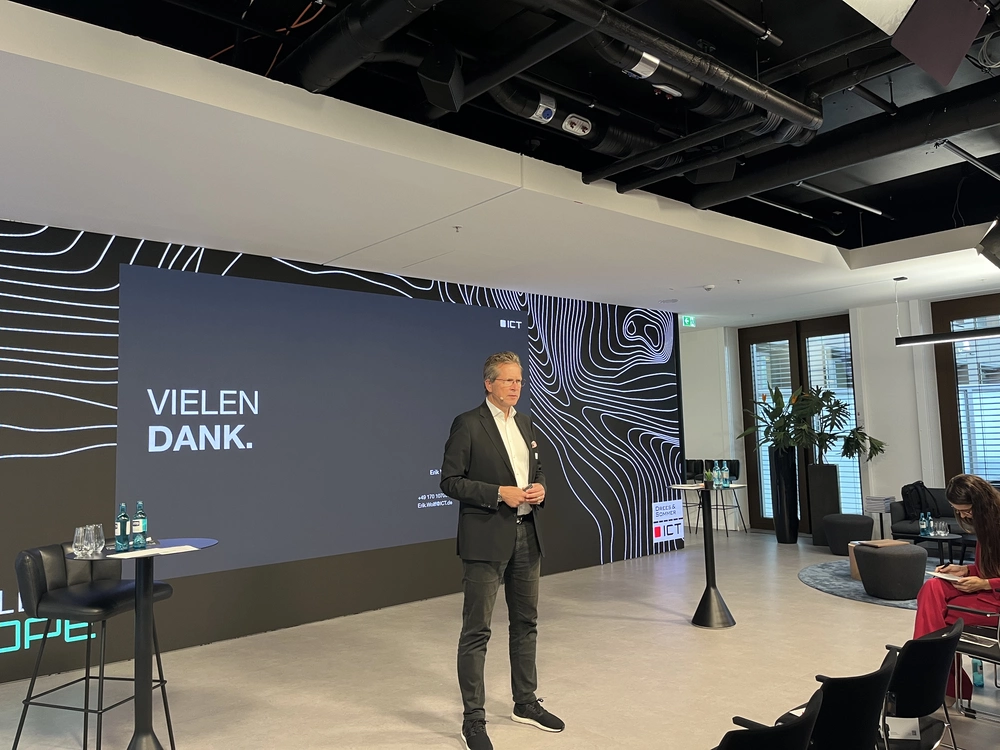
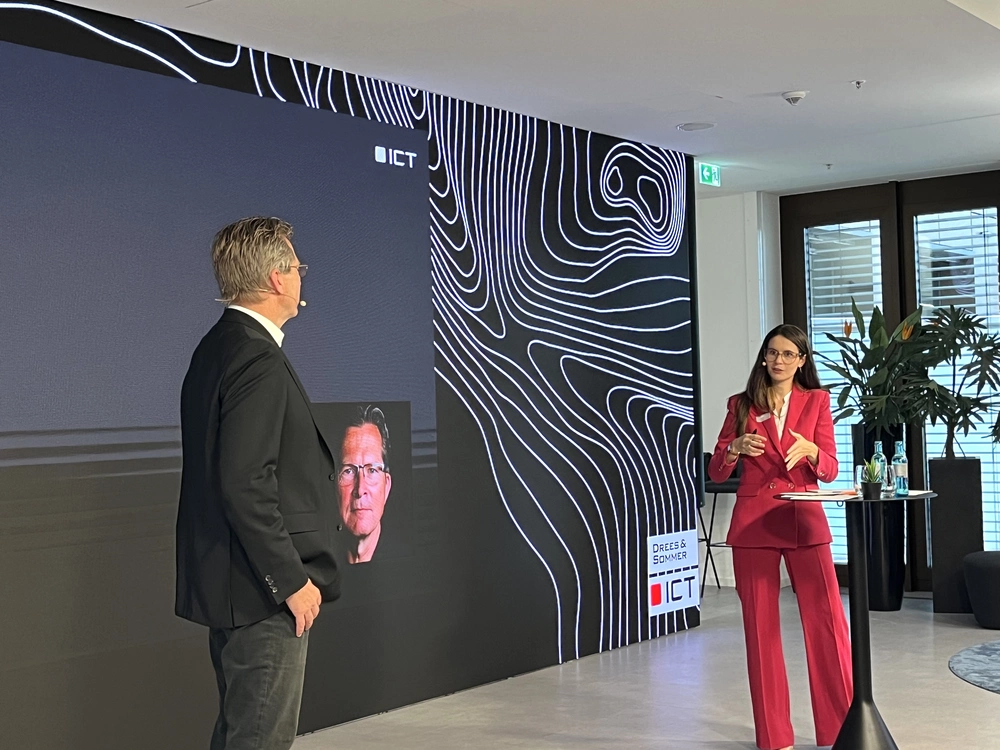
"Neckermann Campus" by Volker Ludwigfrom Digital Realty
In our forum's third impulse, Volker Ludwig from Digital Realty provided a remarkable insight into the "Neckermann Campus" project designed by the renowned architect Egon Eiermann. Despite the campus's heritage-listed status, the reconstruction faced several challenges. However, these challenges didn't restrict the plans, quite the opposite, in fact. The primary focus was on reusing existing elements with the goal of making as few changes to the buildings as possible. Ultimately, the campus is intended to house eleven data centres, which obviously consume much energy. The question then arises: How can sustainability be maintained in such a case?
Ludwig shared with us various initiatives where the emphasis is on using sustainable energy sources. Additionally, he discussed the vision of reusing waste heat to provide heating for over 3,600 households in the future, using the energy generated by the data centres. He left us with an inspiring thought along the way, saying, "Massive projects are a significant step for digitalization, for and not against the environment."
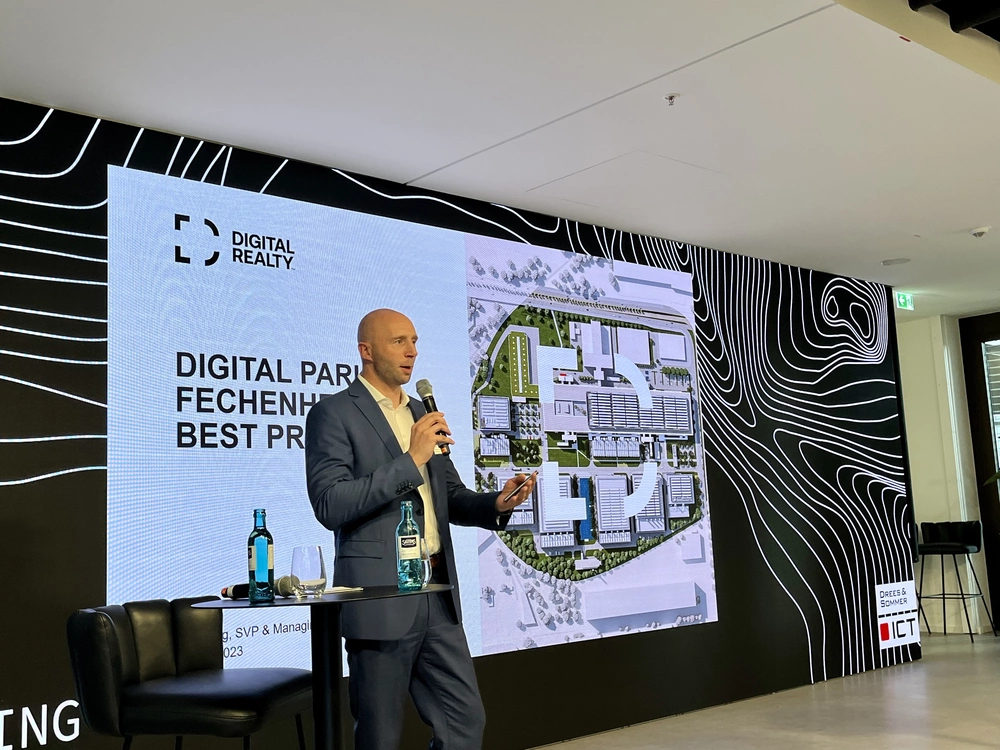
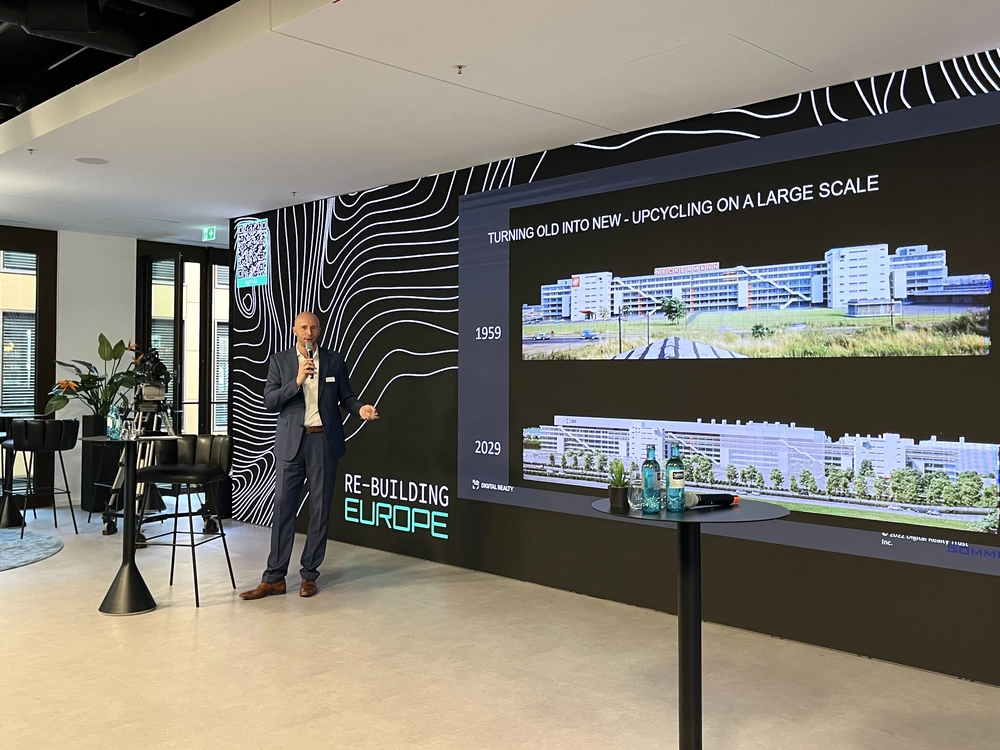
“Data Centres as an Asset Class” by Michael Dadafrom CBRE Germany
Our final impulse for the day by Michael Dada from CBRE Germany revolved around the topic if Data Centres pose an asset class by themselves. Especially Frankfurt is seeing a high increase in data centres being a hot spot for Germany together with Berlin. Data Centres are indeed an asset class comparable to real estate investments, especially if you are planning to disversificate your portfolio regarding the rapidly increasing ongoing digitalization. Selling land with power access, buildings that can pose as data hubs and already functioning data centres are some examples of how investment in that section can be made.
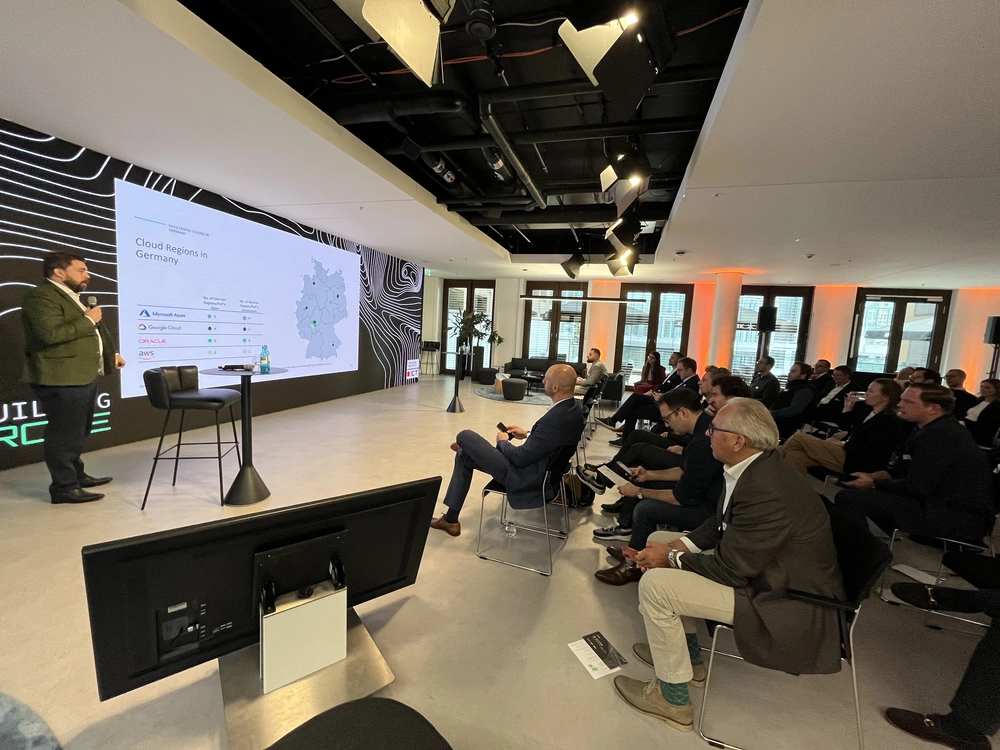
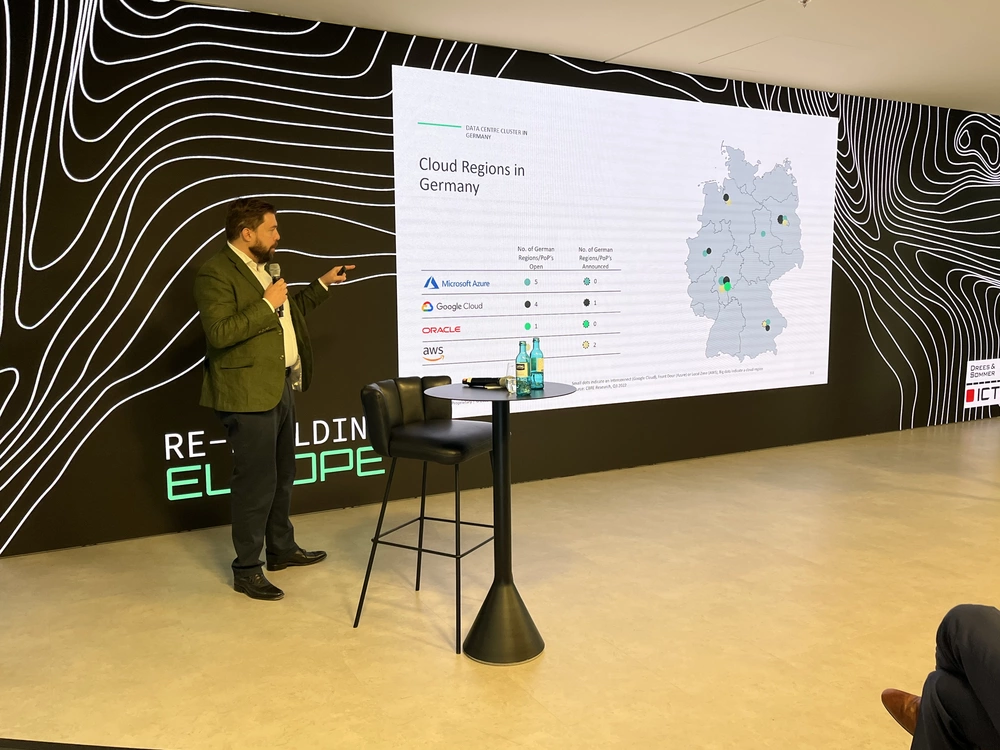
WORKSHOPS
“Refurbishments of Highrise Buildings” with Susan Kaiser and Stefano Capranico from UNStudio.
In this workshop, participants explored strategies for revitalizing high-rise buildings and shaping a visionary approach to architecture and living. Key takeaways included the importance of harmonizing durability, sustainability, and aesthetics in facade design. Furthermore, the interior spaces were examined with a focus on balancing modernization and preservation. Safety concerns related to older high-rises, particularly regarding earthquake risks, were discussed. The workshop also dived into the broader realm of digitalization and how AI and the IoT could be integrated into the future of high-rise living. Additionally, urban development aimed at enhancing social diversity and accessibility was highlighted.
The workshop not only provided inspiration for advancing architectural solutions but also for integrating them with social diversity and sustainability,among other significant considerations.
“The New European Datacenter Hub – Moving into the Future” with Günter Eggers from NTT Global Datacenter.
In the workshop "The New European Datacenter Hub – Moving into the Future" with Günter Eggers from NTT Global Datacenter, participants discussed several crucial aspects of data center development. They highlighted the increasing volatility in energy prices, which poses challenges to operational efficiency and cost-effectiveness. Legal considerations in Germany were also addressed, emphasizing the importance of compliance and navigating the regulatory landscape.
Additionally, the workshop explored the potential of using waste heat to warm households, promoting sustainability and energy efficiency. The key message was the need for proactive initiative within the data center industry. Instead of waiting for regulatory changes, stakeholders should take the lead in implementing innovative solutions to adapt to evolving energy markets and maximize positive environmental and societal impacts.
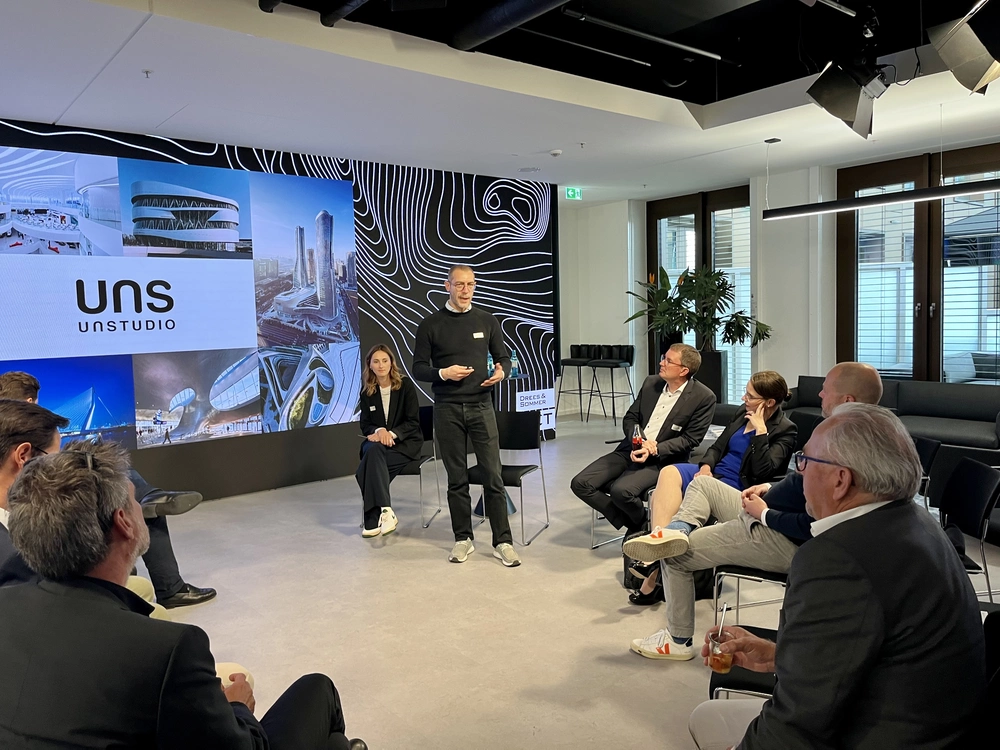
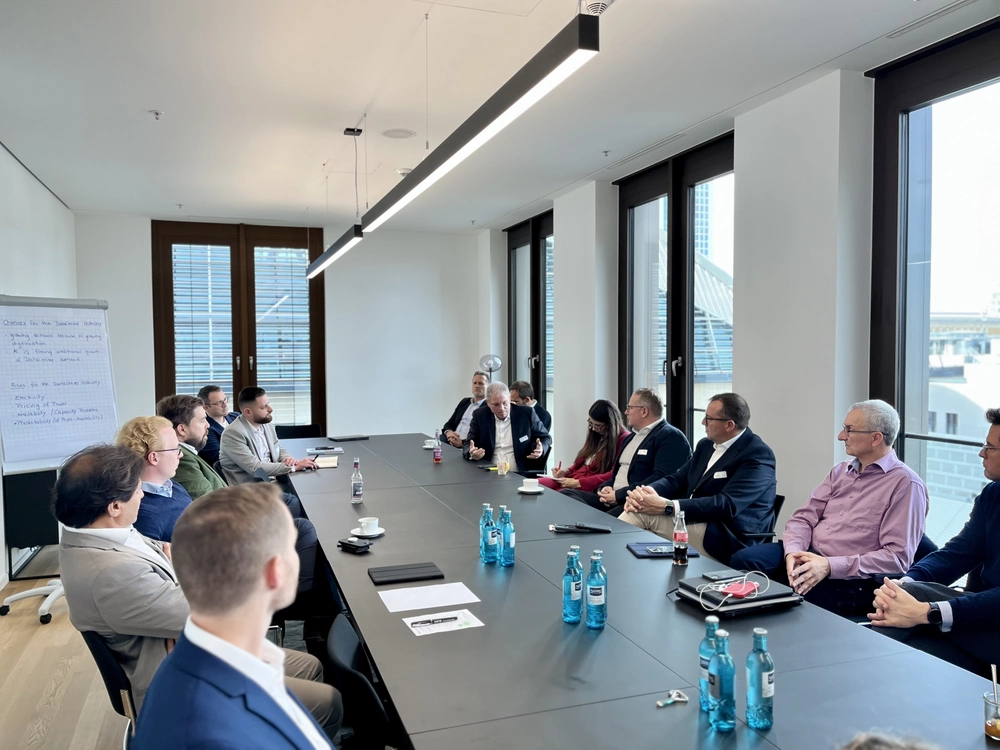
PANEL DISCUSSION II
“From Mainhattan to the world – a best practice data center approach”
We concluded our forum with our final panel discussion featuring Helen Carlströmfrom E.ON, DylanBussey from Corgan, Peter Pohlschröder from GDA and Peter Knapp from Cloud HQ on the Topic “From Mainhattan to the world – a best practice data center approach”.
On the basis of our learnings from the previous workshops, the participants discussed the future vision for data centres in Germany. While sustainability is a must follow for that kind of industry, sustainability is characterized by far more than only green energy. A sustainable data centre is more than just green energy and takes the economic and social aspect into account. It is absolutely necessary that digital innovation which is a big part of the industry is combined with thefuture neighbourhood, social diversity and challenges the urban society faces in the modern era of the vertical city Frankfurt.
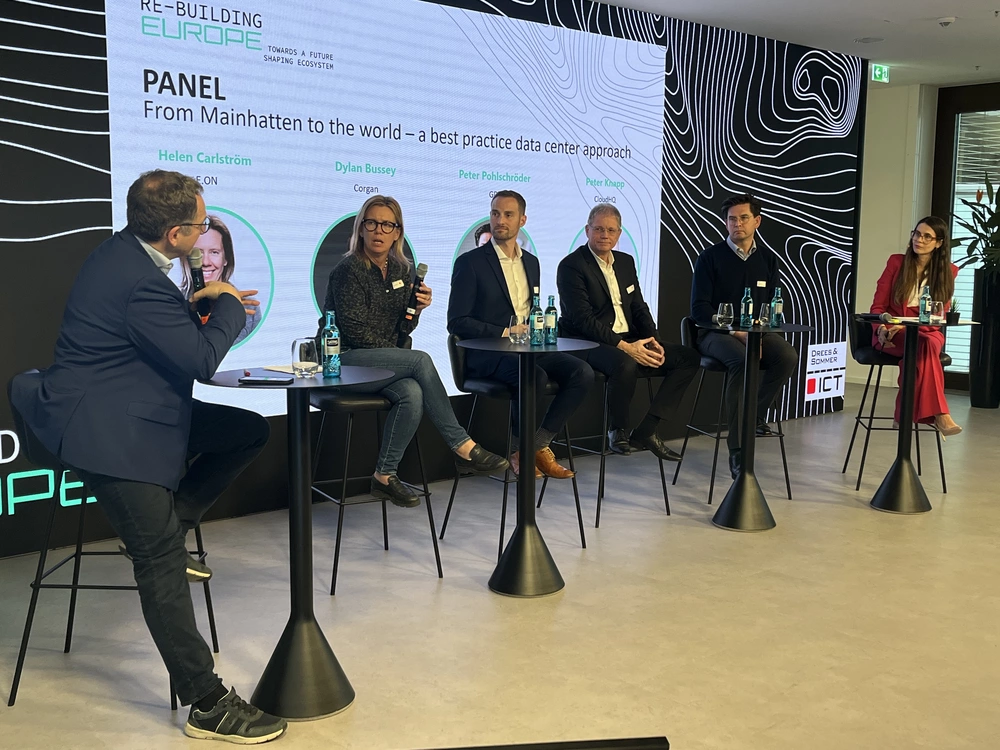
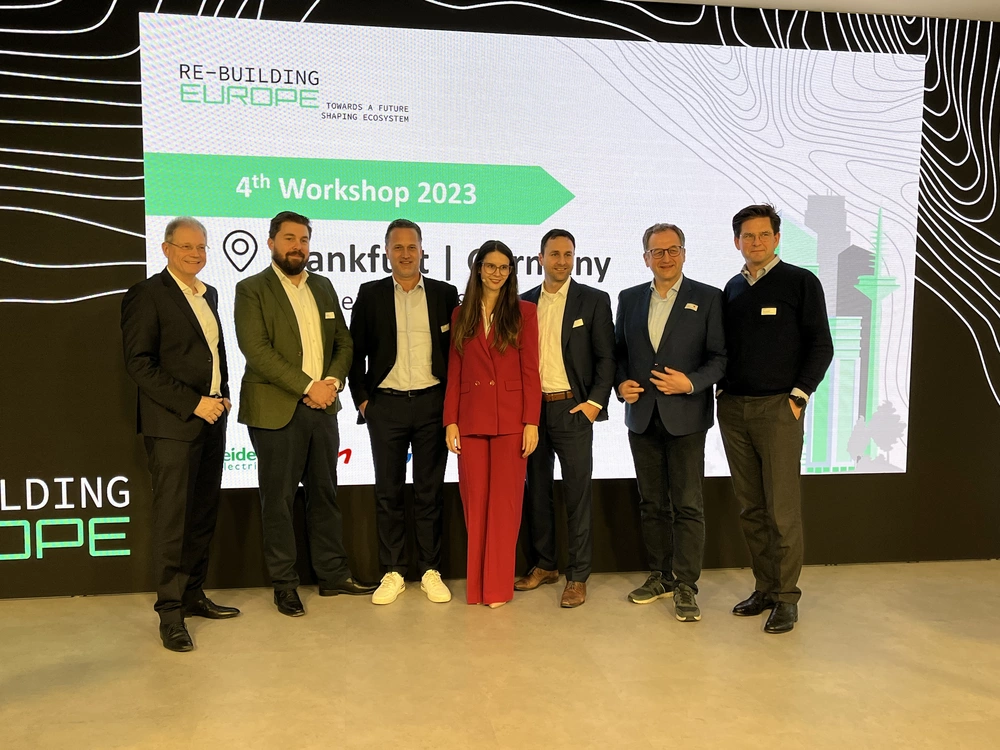
As we finish our great workshop in Frankfurt we are now looking forward to our final forum in London on the 28th and 29th of November in this year , where we will present the results of our workshops and share further insights regarding our main topic: “Urban Density & the Vertical City”.
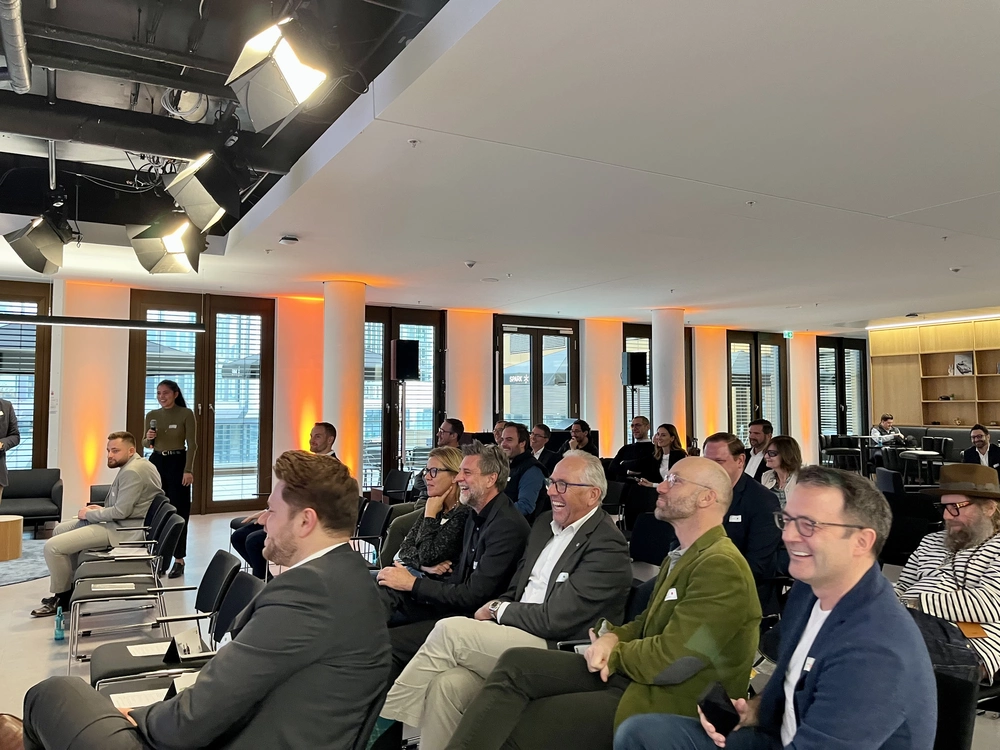
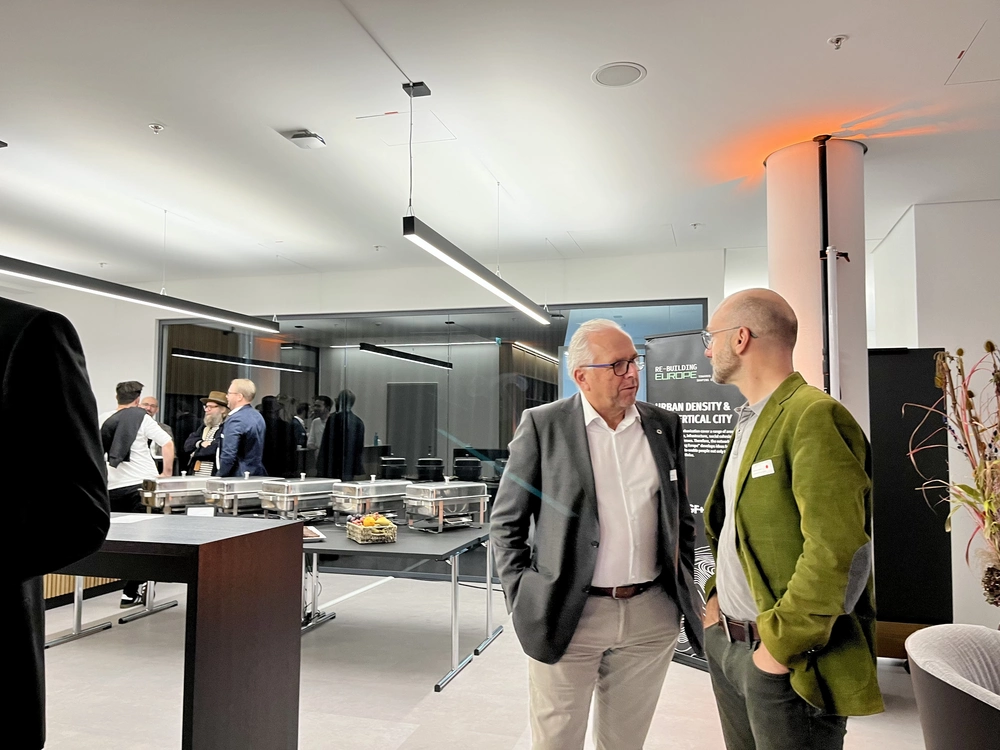
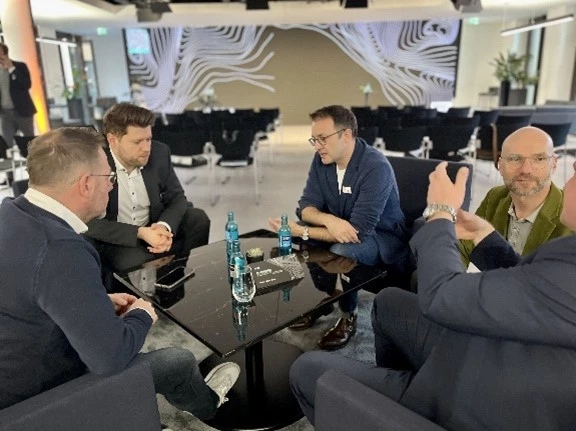
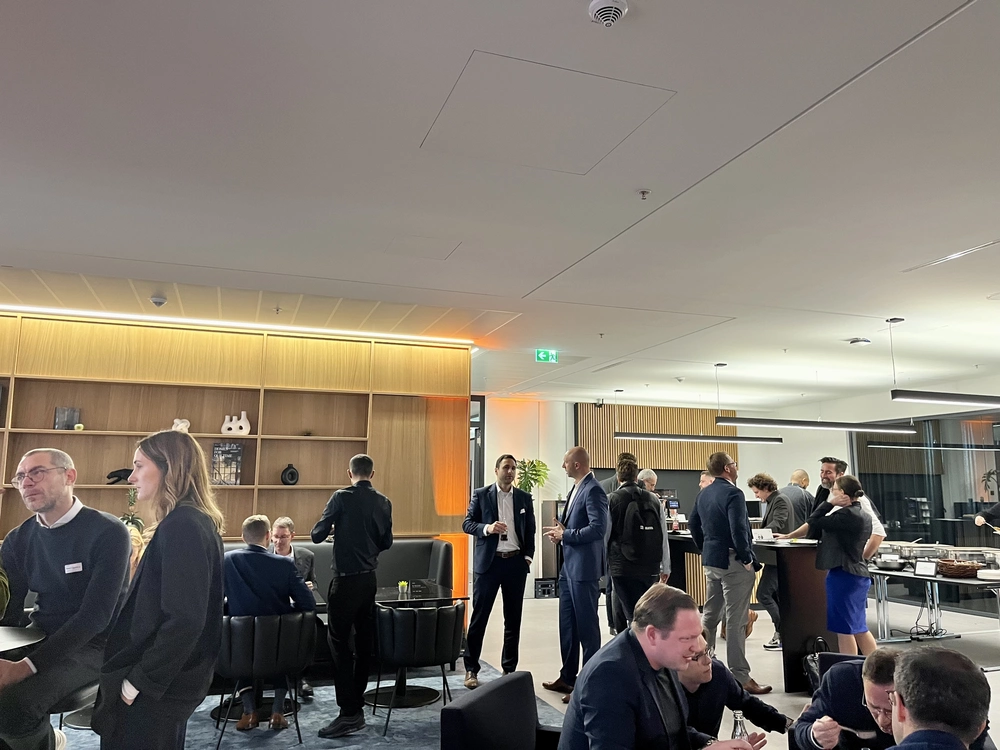
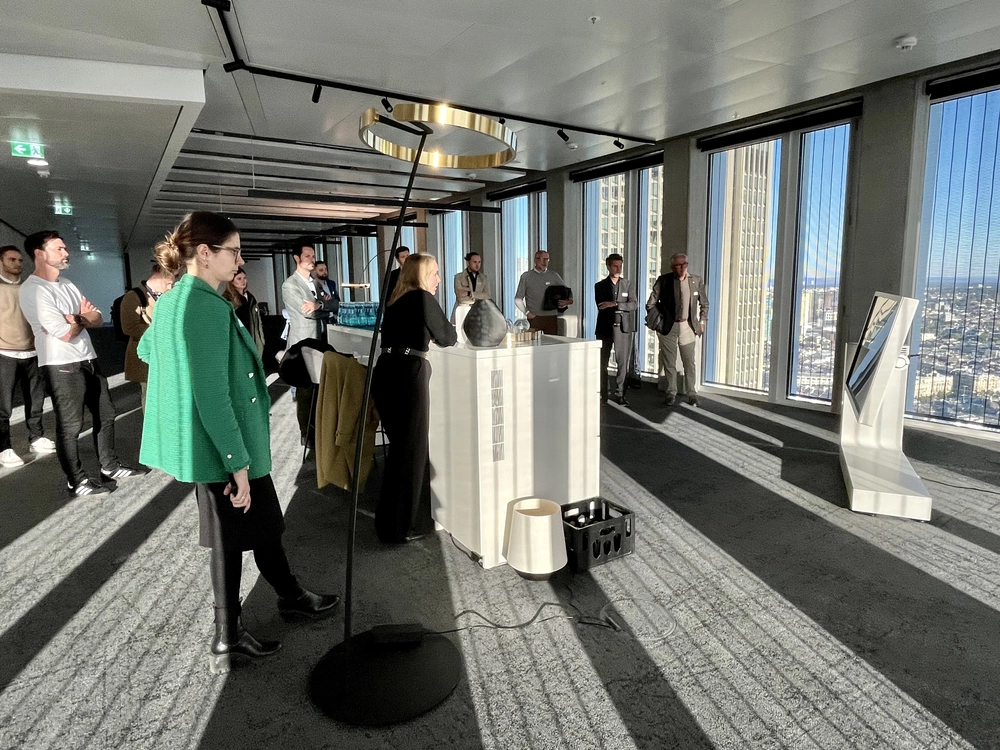
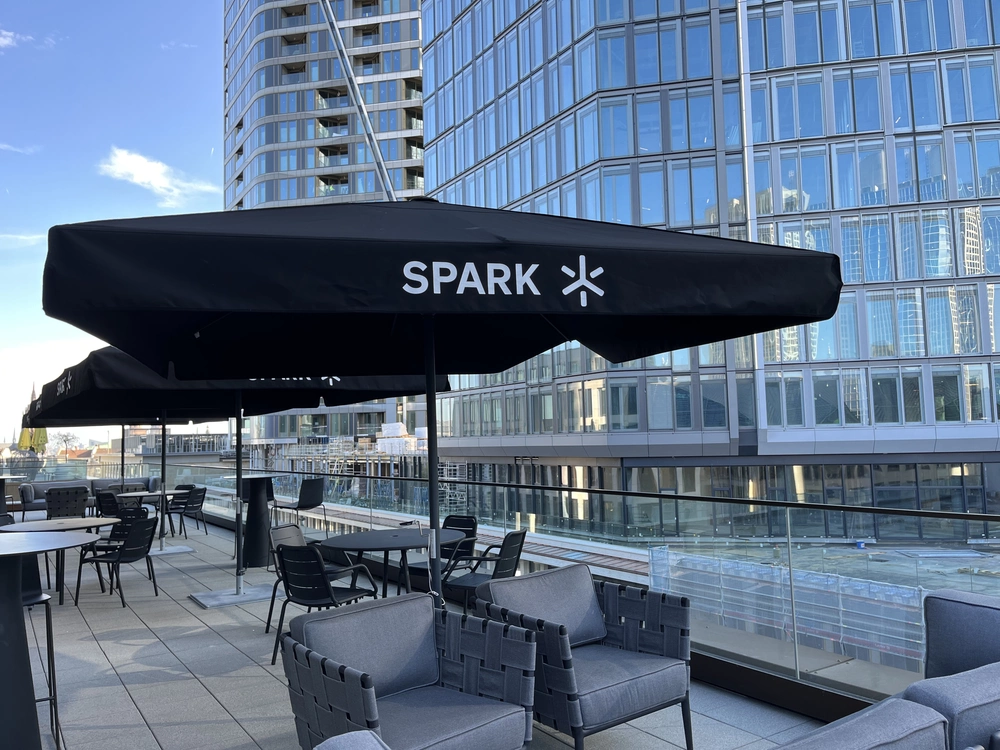
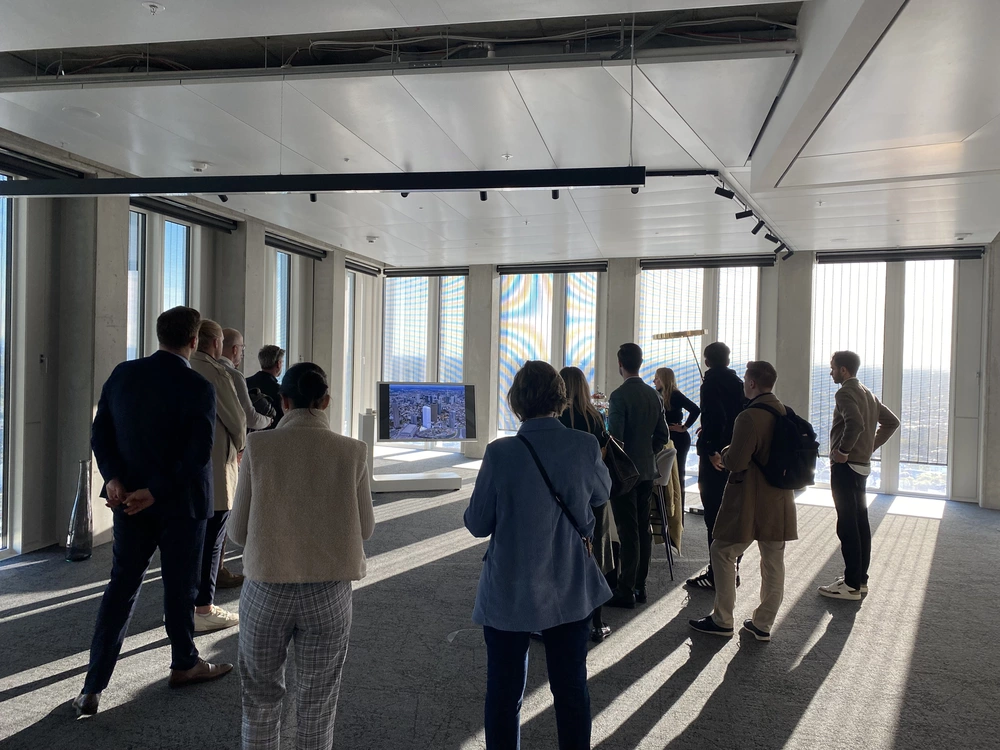
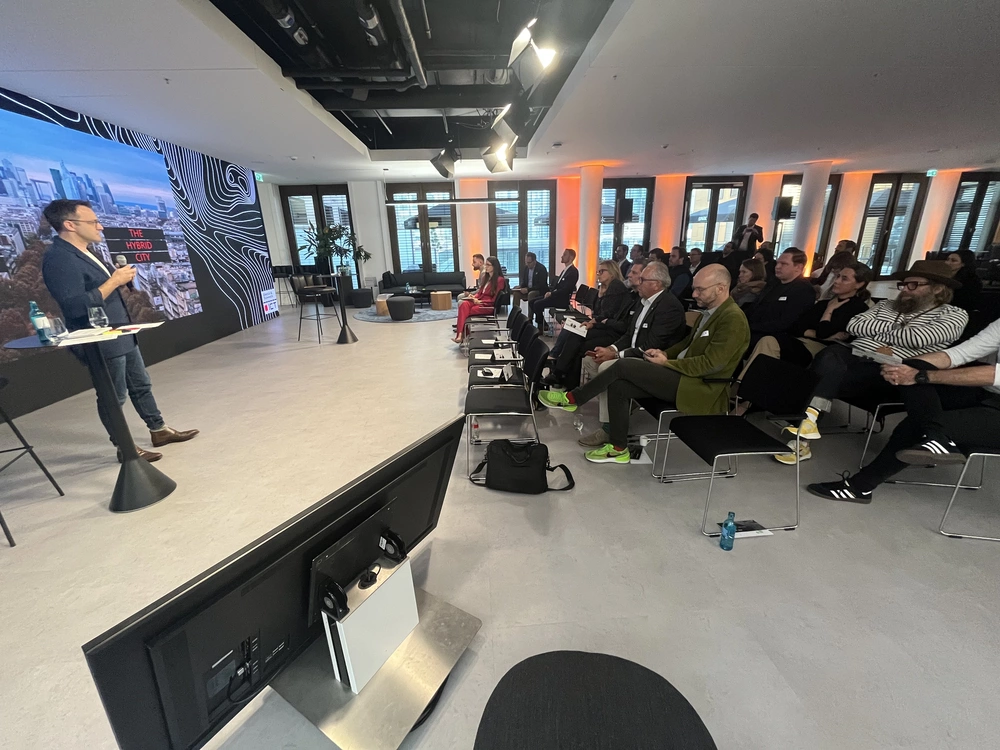
GET In TOUCH
